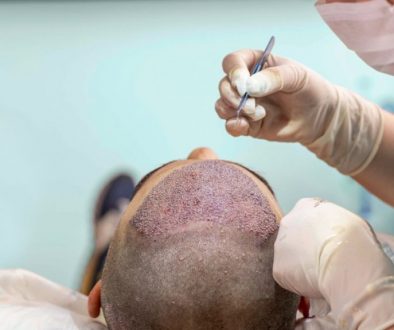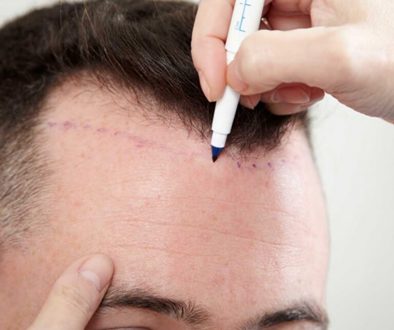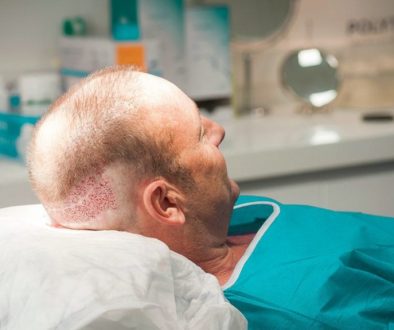High Level of Anxiety and Heart Racing During Hair Transplant Donor Removal
I just wanted to see if anybody had a similar situation like me when I had my hair transplant procedure done. After I received a handful of shots to the donor area, my heart started racing for about 15 minutes, up to about 230 beats per minute. I also felt very nervous and felt like my heart was going to pound out of my chest. This also happens to me at the dentist when I am given novocain). Once the hair transplant surgeon started removing the donor area I was fine for about 15 seconds and then I started to feel really light headed, sick, and my blood pressure dropped. I communicated this to the hair loss doctor and he had me lie on my stomach which got rid of all of those horrible feelings. I never took any valium that was offered; I just borrowed two Xanax from a buddy. Has anybody experienced any thing like this? I am scheduled to go in for a second hair replacement in September and I am really nervous – I do not want to experience those feelings again. Please let me know your thoughts.
This question was posed by a hair loss sufferer on our hair restoration forum and answered by Dr. Michael Beehner of Saratoga Springs, NY who is one of our recommended hair restoration physicians. His professional answer is below.
 If your pulse truly did reach 230 during hair restoration donor removal, that is not directly from the epinephrine, but almost certainly has to be a brief supra-ventricular arthythmia.
If your pulse truly did reach 230 during hair restoration donor removal, that is not directly from the epinephrine, but almost certainly has to be a brief supra-ventricular arthythmia.
There’s a good chance that the presence of some epinephrine in the numbing solution was a stimulus to help it occur though. I would recommend that you check with your personal physician, who in all likelihood may arrange for a Holter monitor (24 hour tracing of your heart rhythm) and/or a cardiac stress test. I wouldn’t just go into another hair surgery until you checked this out from a cardiology standpoint.
Panic attacks and reactions to epinephrine can make the pulse go up to the 130-150 range, but do not directly cause a pulse that fast. The reason that these types of tachycardias occur frequently in the dentist’s office is that the mouth area is rich in blood vessels and it is very easy for the dentist to have the tip of the injecting needle within the lumen of a vessel, but I find this is extremely rare in hair transplant surgery in my experience. Perhaps this is partly due to the fact that we inject our Lidocaine and Marcaine with an extremely small needle (30 or 27g), which makes that possibility much smaller.
Mike Beehner, M.D.
—
Bill
Associate Publisher
Technorati Tags: hair transplant, hair loss, hair replacement, hair restoration, hair surgery



